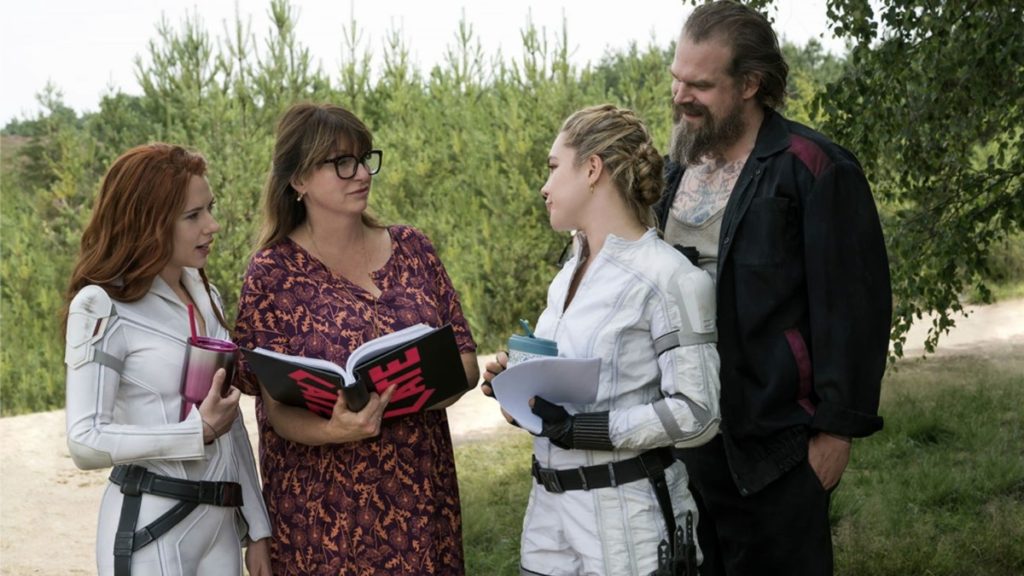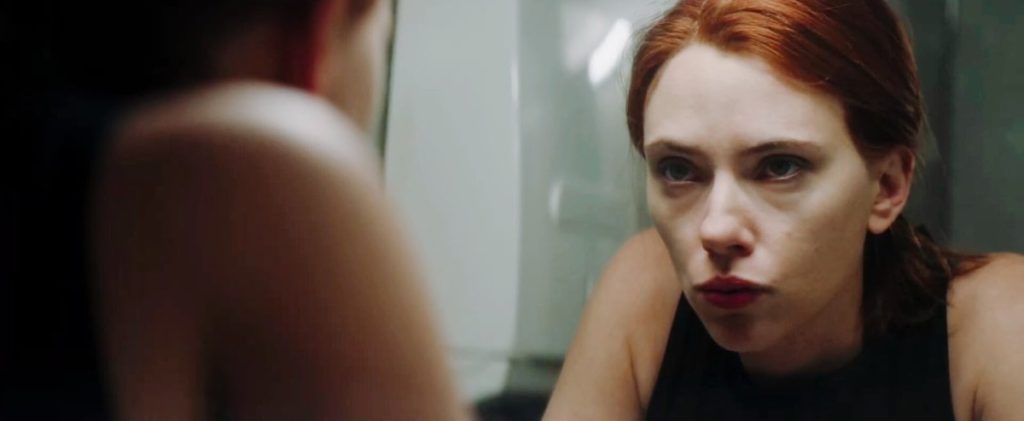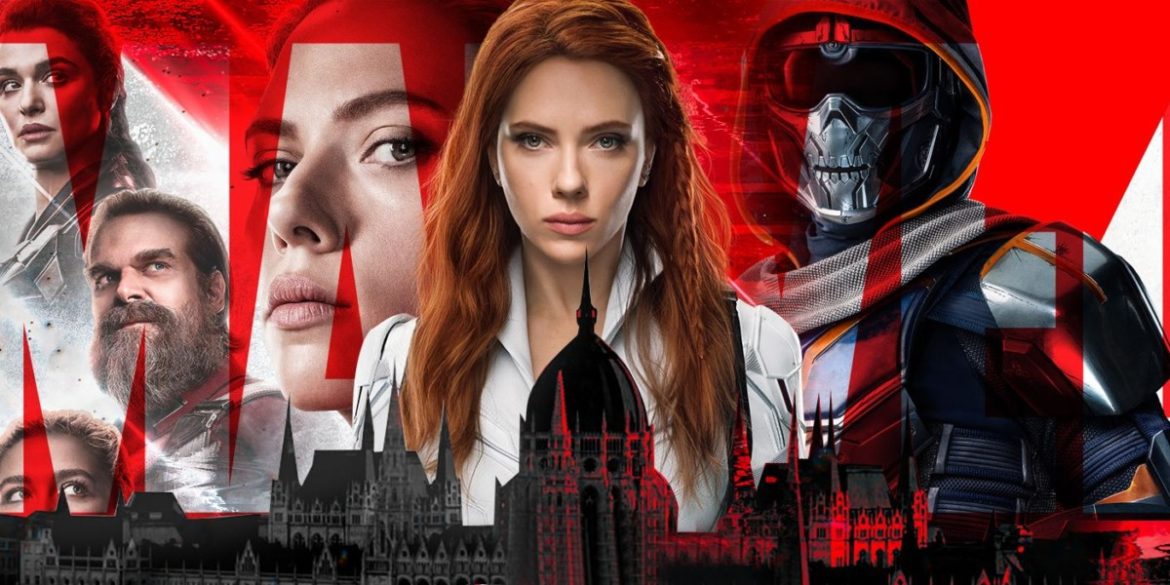Sophia Doshi, Reporter
@sophiadcourant
TW: themes of abuse and human trafficking
The hit movie Black Widow premiered on July 9, 2021, earning a fantastic $181.5 million in the box office which placed it in a comfortable #1 spot as the highest-grossing movie of 2021. Starring Scarlett Johansson as the revered Natasha Romanoff and the up-and-coming Florence Pugh as the lovable Yelena Belova, the movie explores Romanoff’s background and her ventures during the period in between Captain America: Civil War and Avengers: Endgame. The film’s director, Cate Shortland, had originally turned down the project when it was offered to her. Shortland had said, “There’s no way I can do this movie. And I’m not sure why they’re asking me, and it’s crazy, this whole endeavor.” She was intimidated by the $200 million budget because up to that point, she had only worked on lesser-known films like Lore and The Silence.

Shortland then had conversations with Johansson, who convinced her to take on the job. “I got hooked on the idea of trying to tell a really personal, intimate story in amongst so much beauty and spectacle,” she said. “When I really decided that I wanted to do it, I decided 150%—like, I never wanted to do anything as much as this, in a way.” That personal, intimate story had audiences laughing, crying, and talking about it for days after—I was just one person in the collective who experiences these highs and lows alongside an old comfort character of mine and a character I quickly grew to love. Yet my emotions were not just impacted by the stoic personality of Natasha or Yelena’s humor. The film delved into a sobering subject, one that Marvel hadn’t really explored before: human trafficking.

In a powerful opening credit sequence, a haunting cover by Malia-J of Nirvana’s “Smells Like Teen Spirit” plays while images of young girls being trafficked flash across the screen. Fear warps the young faces of hundreds of girls being lined up and forced into storage containers by their captors. I had immediately turned from excited for the movie into shocked; my eyes were glued to the screen, and I think I stopped breathing until it was over.

Soon after, the scene cuts to Natasha looking at herself in a mirror 21 years later in a run-down bathroom on a large ferry. I had gone to see the movie with my two friends, and we later talked about how beautifully that opening sequence was done. That was Shortland’s intent: capture the horrors of the real world and intertwine them with a character that fans love so much, hence showing the realistic trauma that Natasha and Yelena faced as children. This trauma shaped them into the characters we know and love today, which forced fans of them to digest how truly prevalent and horrid human trafficking is in the real world.

Even more heinous—but absolutely necessary to include—the movie touched on the fact that victims of human trafficking are often trafficked by someone close to them. In Natasha and Yelena’s case, Melina and Alexei (their ‘parents’) were complacent with their kidnapping—and even encouraged it. This is sadly true in reality; many victims have been trafficked by romantic partners, including spouses, and by family members, including parents. This kind of behavior from Melina and Alexei instilled trauma in Natasha and Yelena, and this kind of trauma manifested in different ways for each character. Yelena was in denial of her ‘parent’s’ betrayal and Natasha justifiably didn’t trust either of her ‘parents’.
There are an estimated 600,000-800,000 victims of human trafficking every year. The average age of a victim when they are first forced into trafficking is 12 years old, and the life expectancy of a victim in the trafficking ring is 7 years. Russia, the Central African Republic, China, Iran, and North Korea, Sudan, Syria, and Venezuela are the locations of the worst human trafficking numbers.
In the end, Black Widow is a film that shows only the tip of the iceberg regarding human trafficking. Marvel’s bold move in exposing some of the horrors of the process is substantial, but more can always be done cinematically. Organizations like the Polaris Project, Shared Hope International, and The Exodus Rescue among others are working to fight human trafficking. They are raising awareness around the subject, and you can too. Educate yourself and others through credible sources and organizations combatting trafficking so the world can help to save thousands of lives.




